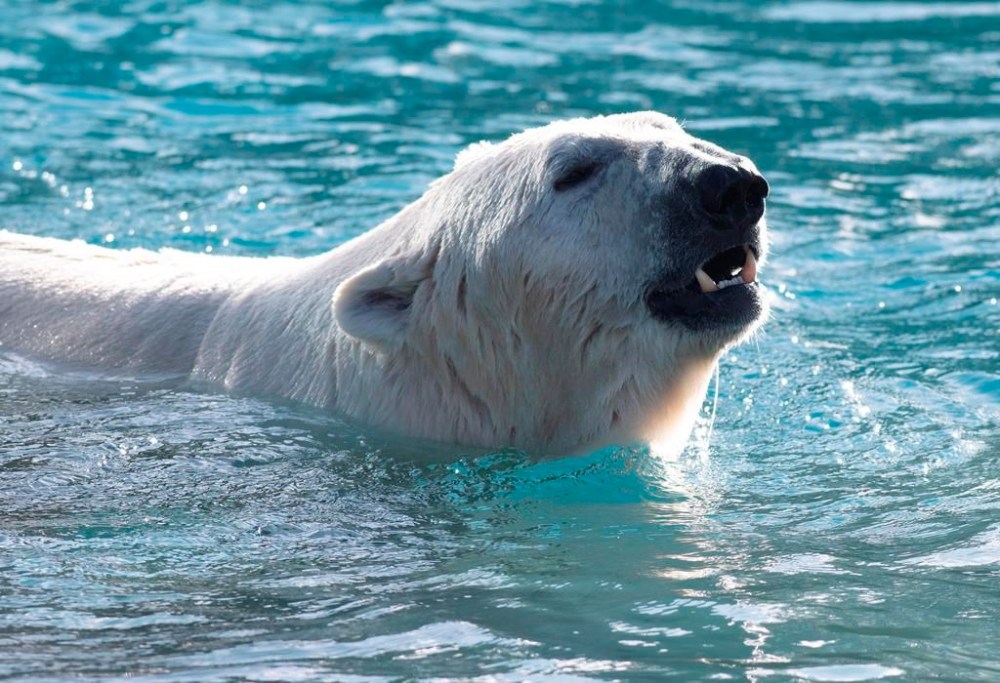Researchers out of Alaska say some polar bears in the Arctic now face a greater risk of contracting several pathogens that weren't a threat to the animals decades ago. Read this article for free: Already have an account? To continue reading, please subscribe: * Researchers out of Alaska say some polar bears in the Arctic now face a greater risk of contracting several pathogens that weren't a threat to the animals decades ago. Read unlimited articles for free today: Already have an account? Researchers out of Alaska say some polar bears in the Arctic now face a greater risk of contracting several pathogens that weren’t a threat to the animals decades ago.
The study, published in the peer-reviewed journal PLOS One, says the bear population in the Chukchi Sea between Alaska and Siberia doesn’t appear to be harmed by the illnesses, but the findings are among the most rapid changes for such exposures ever reported among polar bears. The study released on Wednesday says it highlights the need for increased surveillance of the polar bear population, including to see if the pathogens remain in flesh that could be consumed by people. Researchers compared blood samples taken from the area’s bears from 1987 to 1994 and compared them with samples taken from 2008 to 2017.
The report says they found statistically significant increases in pathogens related to five illnesses, with the highest being a parasite found in many common animals including cattle, goats, wolves and foxes, which.


















